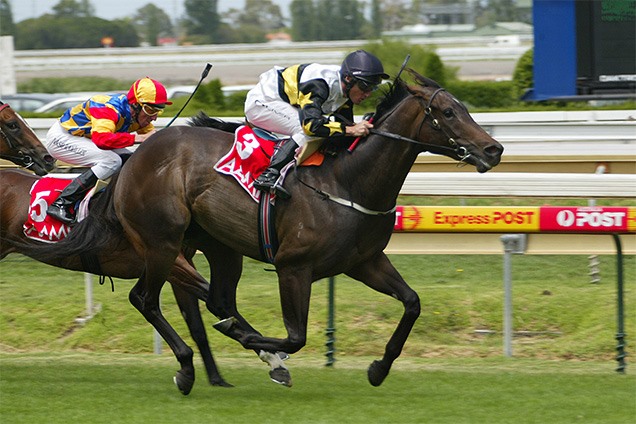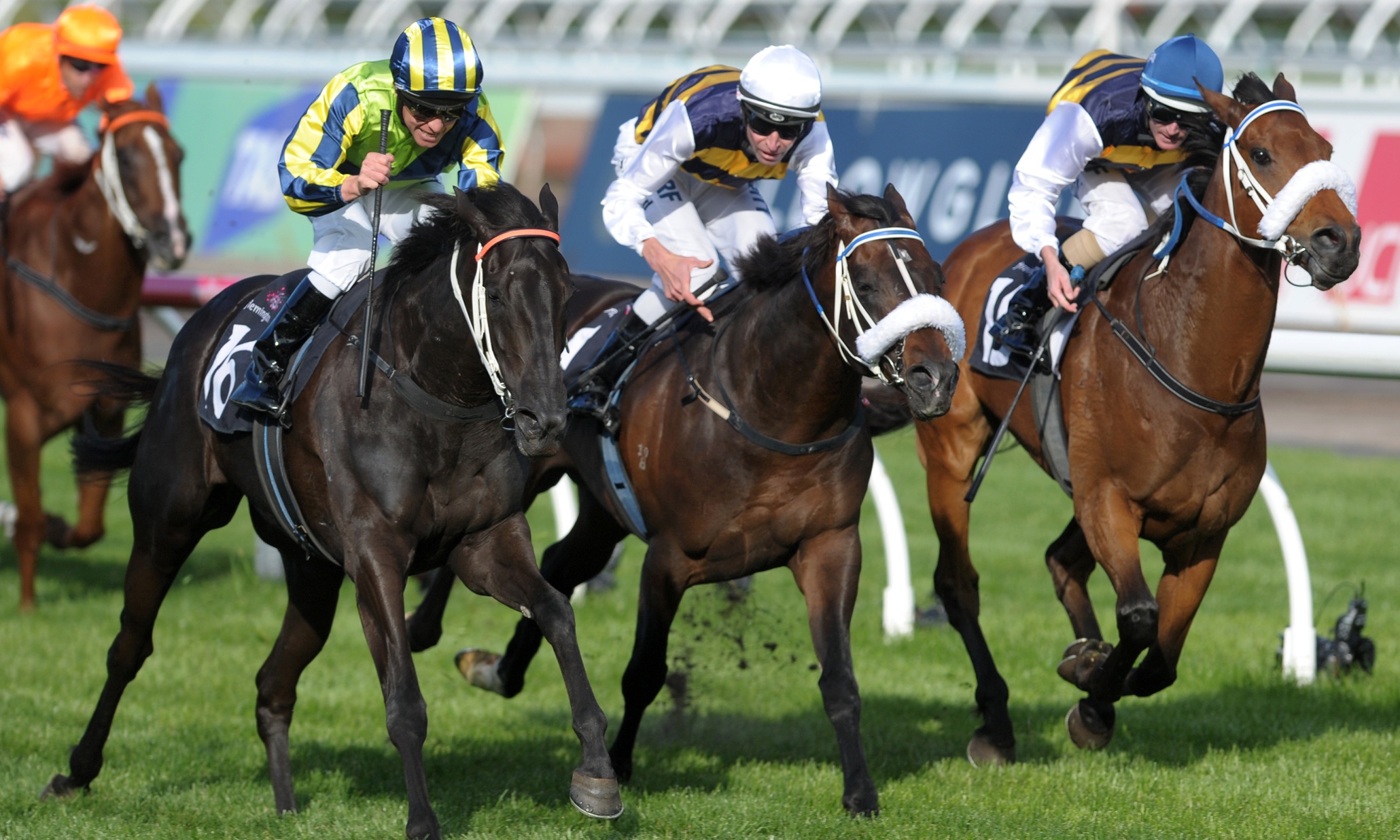
I’ve been a racehorse owner for years, and I can tell you from experience that it’s a lot of fun. But if you’re thinking about Buy A Racehorse Australia, then you’ll want to do some research first. Here are some things to keep in mind before making that big purchase:
Examine the pedigree of the horse
A racehorse’s pedigree is essentially the family tree of its lineage. The better the bloodline, the better chance your horse has at winning races.
You can research and examine a horse’s pedigree in many places, but it all starts with looking at their parents, siblings and grandparents. Looking further back than that isn’t necessary unless something catches your eye or stands out as being noteworthy in some way (for example: if one of your top competitors has a great grandfather who won five races in one year).
The most important thing to do when you think about Buy A Racehorse Australia examining a horse’s pedigree is look for consistency within their family line.
Look for a trainer
When you’re looking for Bloodstock Agent trainer, you want to make sure that they have the experience and reputation to help with your horse’s training.
Look for a trainer who has experience in the sport of racing. This will ensure that your horse will be properly trained and prepared for any races it may run.
Look for a trainer with a good reputation within the industry. A trainer with this type of reputation is more likely to provide quality care for your horse and keep up-to-date on all current practices in terms of racehorse training.
Make sure that there is plenty of availability when considering who should train your horse! A busy schedule can cause delays in getting started on working out specifics like diet plans or conditioning exercises which could hinder progress during this time period so find someone who works with many different horses at once so they’re always available when needed!
Learn about the bloodlines of the horse
The best way to determine a horse’s potential is by reviewing the bloodlines of its ancestors. This is called a pedigree, and you can find one listed on most racehorses. Below are some things you should look for when examining a pedigree:
The horse’s sire (father) and dam (mother).
The names of any horses that were bred into the lineage of the offspring. These are called “bloodlines” or “pedigree crosses.”
The names of any horses that have raced before, especially if they were successful at it! These will be listed as sires or dams when they produced offspring after their racing careers ended.
Take notice of their temperament
When you go to look at the horses, take note of their temperament. A horse that is calm and quiet will be easier to train, whereas a horse that is easily spooked or nervous might be more difficult. Look for a horse that is confident and alert, but not nervous. If you have any questions about the temperament of a particular horse, don’t hesitate to ask an expert before making your decision!
Cents and Dollars
This is an important factor to consider when investing in a racehorse and will differ for each individual. You should make a rough budget for how much you want to spend. Initially, consider the purchase price of your share, followed by the ongoing maintenance costs of your percentage. This will obviously vary depending on your ownership percentage.
Be patient
Owning a racehorse can be an emotional and exciting venture that will thrill you at times and leave you in despair at others. If you are buying a yearling, your excitement may be overwhelming. You’ll want regular updates and expect it to be finished in time for the spring carnival and the first two-year-old race of the season.
However, horses come in all shapes and sizes, and some mature more slowly than others, both mentally and physically. Although your horse may not be at the races as soon as you would like, it is exciting to watch your horse progress from training to trials and then to the racetrack!
Conclusion
We hope this article has given you all of the tools you need to make an informed decision about whether or not to purchase a racehorse. We know that it can be tricky deciding whether or not your future horse is worth investing in, but hopefully these tips will help you with that process and make it easier for you to find the right horse for your needs.







